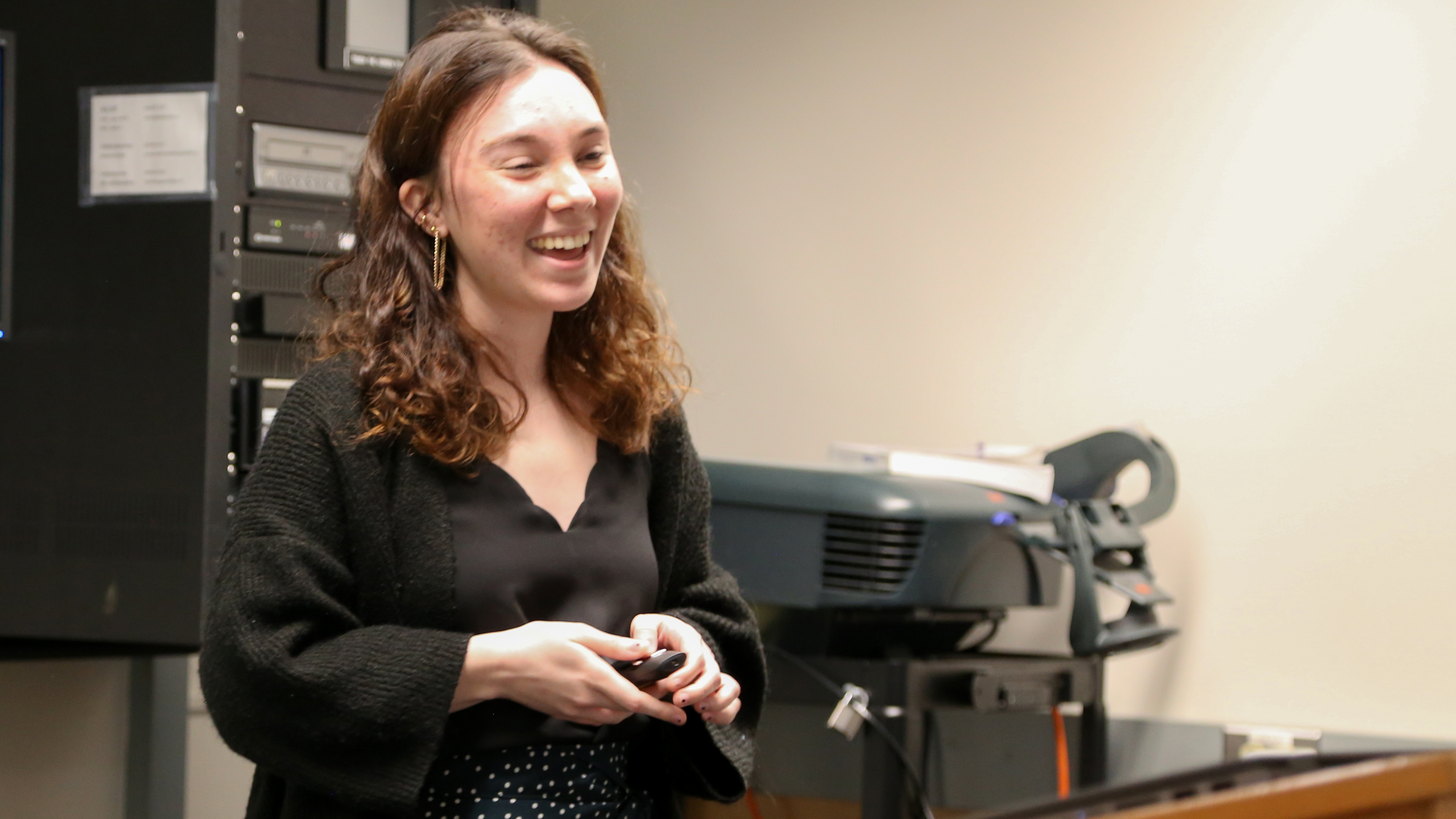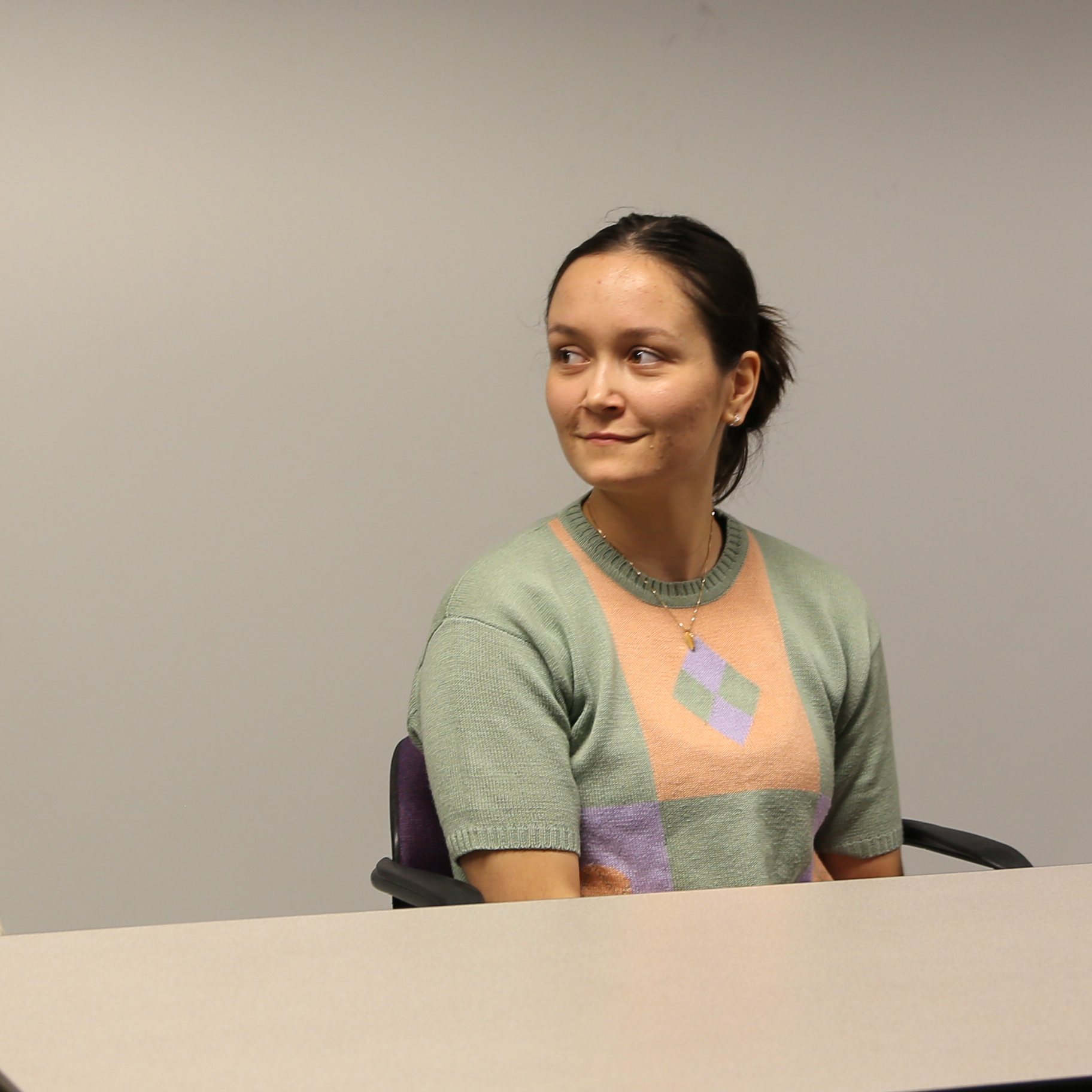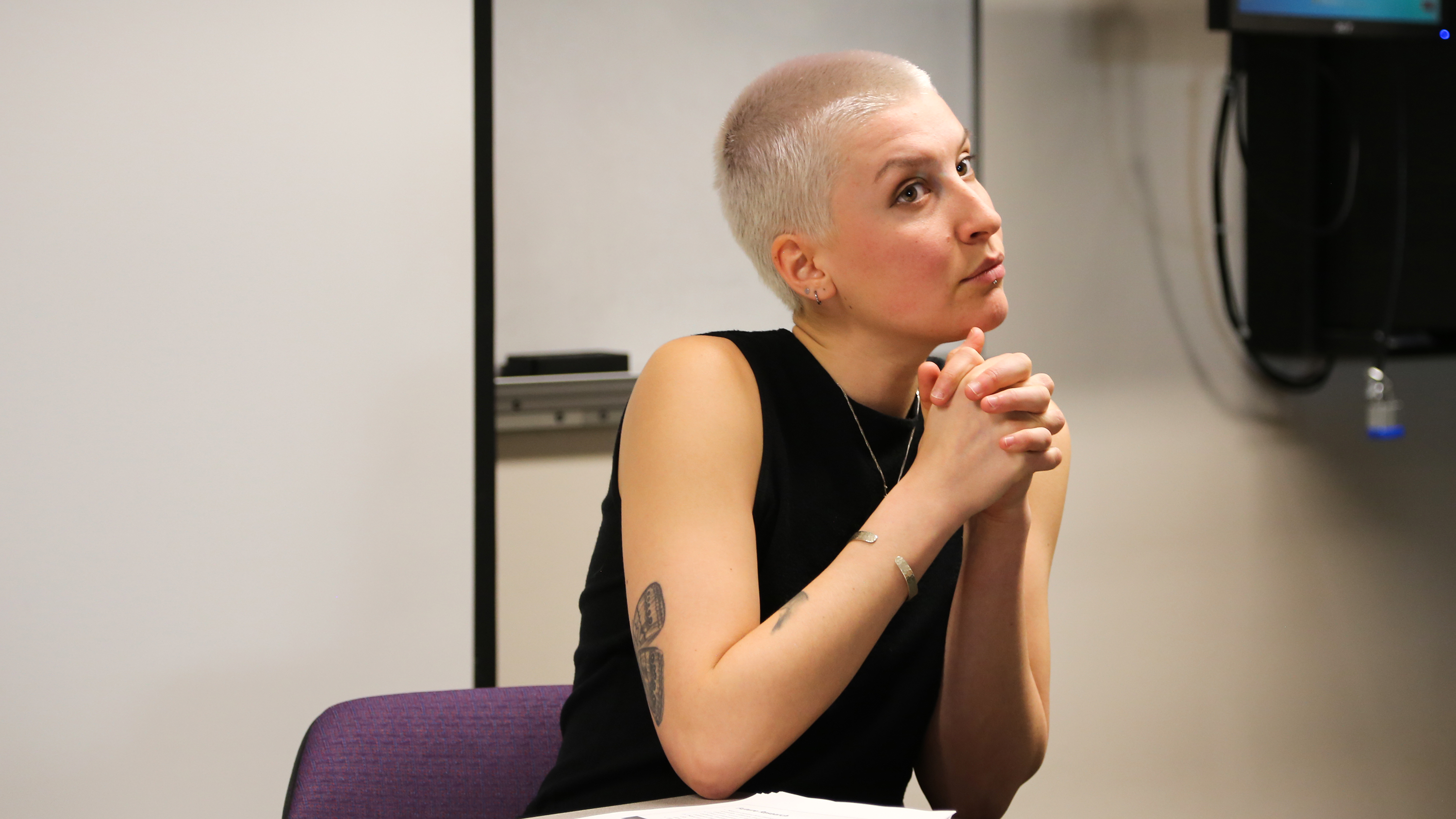Last month we were delighted to host our Sociology Undergraduate Research Conference featuring the work of our Honours students. We are delighted to announce the prize winners from that conference.
1st Place: Hal Kowalewski
Reclaiming the Rainbow: Queer Identity Formation in Response to Rainbow Marketing


Hal Kowalewski
Rainbow marketing–the co-opting of the language, imagery, and identity of queerness for the sake of selling products–is increasingly pervasive in modern North American markets. Existing studies attempt to describe this phenomenon and trace its growth alongside growing social acceptance of queerness. However, the voices of queer people themselves have been notably absent from this research. This study centers queer voices in the study of rainbow marketing in order to determine the relationship between queer identity formation and rainbow marketing. By conducting three semi-structured interviews with members of the Vancouver queer community, this research covers topics related to consumer sovereignty, identity formation, and reclamation. These interviews suggest that some queer people approach rainbow marketing not as an infringement on identity, but rather as an opportunity to assert queer identity in subversive ways. Further, queer people view themselves as active participants in the construction of an expansive queer collective rather than passive recipients of rainbow marketing. This research shifts the agency in the advertiser-consumer relationship into the hands of queer consumers and examines how everyday expressions of queer identity demonstrate anti-capitalist and anti-cisheteronormative attitudes.
2nd Place: Emilia Heilakka
Understanding the Role of Therapeutic Discourse in Young Adults’ Intimate Relationships


Emilia Heilakka
This research investigates how young adults navigate intimate relationships within the context of widespread therapeutic discourse on social media platforms. Through eight in-depth interviews with seven young women and one gender queer person (hereinafter “young adults”), I find that young adults incorporate a therapeutic lens to their understanding of intimate relationships, but they contest the notion of social media having a crucial impact on their understanding of therapeutic frameworks. Having a strong grasp of therapeutic knowledge is a form of cultural capital that individuals gain through education, social networks and self-help literature. I argue that by engaging in intensive emotional work informed by therapeutic ethos, young adults seek to establish themselves as competent in intimacy. However, the experience of individual competence does not translate with ease into more fulfilling intimate relationships.
3rd Place: Teodora Marie Rawsthorne Eckmyn
Creating an Urban Arts Commons: A case study of community arts practice in Vancouver


Teodora Eckmyn
Arts and culture, and by extension artists, artists’ communities, arts spaces, and other artistic resources, are essential ingredients in the social inclusivity and connectivity, political and civic engagement, experience of well-being, and community resilience of urban communities. In the City of Vancouver, these urban artistic networks exist within the context of an evolving and intensifying housing crisis manifest in issues of unaffordability, instability, and displacement from urban spaces – commercial, retail, industrial, etc. as well as residential. Considering these intersecting urban dynamics, this research seeks to illuminate trends in how the spatial, material, and labour aspects of artistic practice are impacted by urban issues, as well as trends in the strategies and practices that artists individually and collectively employ to live and practice within the increasingly spatially and economically volatile and inequitable urban context of Vancouver. This research is carried out through a case study of a local, community-based arts collective, including members of the collective and of the local arts community in which the collective is embedded. The research employs mixed methodologies including multiple focus groups with different groupings of collective participants, collective mapping activities which seek to illuminate important spatial trends and locations in the local experiences and networks of artists, observation of participants’ art spaces, and participant observation of various events organized and facilitated by the collective. The research finds that artists rely upon a complex and heavily interconnected system of institutions, actors, resources, networks, urban forces that intersect to constitute and enable this local community arts within the specific context of urban Vancouver. The research employs Lefevbre’s concept of the Right to the City and Howard Becker’s conceptualization of Art Worlds to understand the barriers and limitations that artists face in equitably accessing spatial, economic, and social resources for their practice and labour, as well as to understand how artists actively assert and exercise the Right to the City through their artistic practice and labour.


